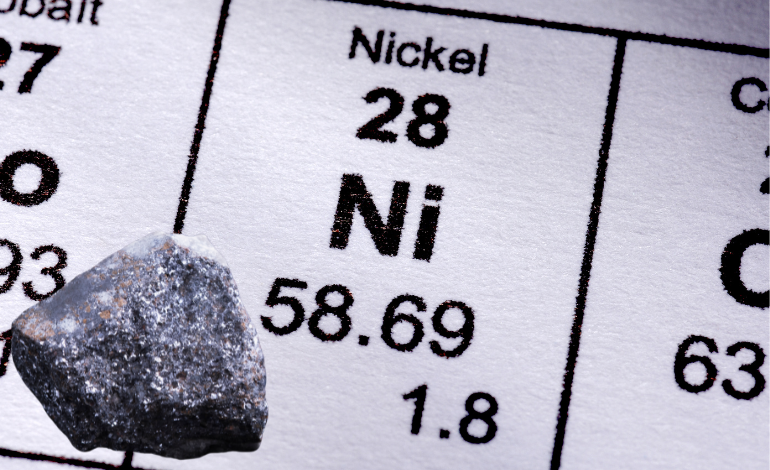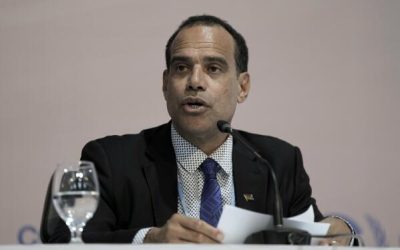The nickel industry, a cornerstone of New Caledonia’s economy, is undergoing significant upheaval as a pro-independence faction within the territory’s Congress advocates for the formation of an OPEC-like organisation for nickel-producing countries, dubbed “OPEN” (Organisation des Pays Exportateurs de Nickel). Spearheaded by the FLNKS-Union Calédonienne Congress caucus, this initiative seeks to foster collaboration among nickel-exporting nations and stabilize global nickel prices.
Indonesia’s ascent as the world’s leading nickel producer has reshaped the industry landscape, challenging the dominance of traditional players like New Caledonia. The emergence of Indonesia, which boasts significantly lower production costs than its counterparts, has led to a seismic shift in global nickel markets. In response to this new reality, one of New Caledonia’s major nickel plants, Koniambo, has been forced to suspend operations, placing thousands of jobs in jeopardy.
The economic repercussions of Indonesia’s dominance reverberate beyond New Caledonia’s borders, with Anglo-Swiss conglomerate Glencore seeking to divest its stake in Koniambo amidst financial strains. Additionally, other key players in the nickel industry, such as Prony Resources and Société le Nickel (SLN), are grappling with bankruptcy risks, prompting the French government to offer financial aid contingent on the signing of a “nickel pact.” This pact mandates sweeping reforms aimed at enhancing competitiveness and diversifying market reach beyond Asia, particularly towards European car producers reliant on nickel for electric vehicle batteries.
Meanwhile, Indonesia’s strategic policy shift, including a ban on nickel exports and collaboration with Chinese investors, has propelled its ascent as the top refined nickel producer. Chinese investments in Indonesian nickel processing infrastructure, facilitated through the Belt and Road Initiative, have bolstered Indonesia’s position in the global nickel value chain.
The consequences of Indonesia’s dominance extend beyond economic realms, raising environmental and social concerns. Indonesia’s transition to clean energy, driven by the demand for electric vehicle batteries, paradoxically relies on coal-fired power plants for nickel smelting, financed predominantly by China. This juxtaposition underscores the complex trade-offs associated with transitioning to renewable energy sources and highlights the broader implications of economic partnerships on environmental sustainability.
For Australia, once a prominent player in the nickel market, Indonesia’s ascendancy has resulted in job losses and economic uncertainty in its mining sector. The country’s exclusion of nickel from its critical minerals list underscores the need for a recalibration of its critical minerals strategy in light of shifting global dynamics.
In conclusion, the emergence of Indonesia as the world’s leading nickel producer has precipitated a seismic shift in global nickel markets, impacting traditional players like New Caledonia and reverberating across international borders. As the industry navigates these turbulent waters, stakeholders must grapple with the multifaceted challenges posed by Indonesia’s dominance and chart a course towards sustainable and inclusive growth in the nickel sector.



